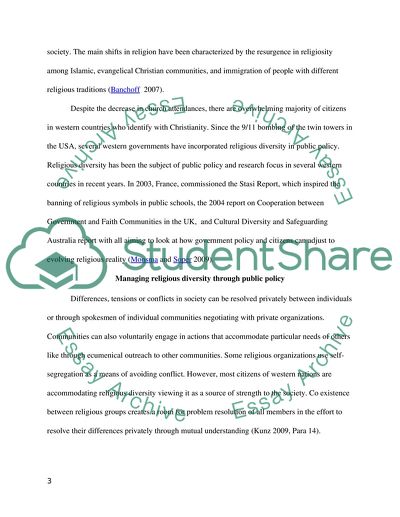Cite this document
(Key hallenges for Western Governments Dissertation, n.d.)
Key hallenges for Western Governments Dissertation. Retrieved from https://studentshare.org/politics/1790123-what-are-the-key-challenges-for-western-governments-facing-an-increasing-religious-diversity-in-society
Key hallenges for Western Governments Dissertation. Retrieved from https://studentshare.org/politics/1790123-what-are-the-key-challenges-for-western-governments-facing-an-increasing-religious-diversity-in-society
(Key Hallenges for Western Governments Dissertation)
Key Hallenges for Western Governments Dissertation. https://studentshare.org/politics/1790123-what-are-the-key-challenges-for-western-governments-facing-an-increasing-religious-diversity-in-society.
Key Hallenges for Western Governments Dissertation. https://studentshare.org/politics/1790123-what-are-the-key-challenges-for-western-governments-facing-an-increasing-religious-diversity-in-society.
“Key Hallenges for Western Governments Dissertation”, n.d. https://studentshare.org/politics/1790123-what-are-the-key-challenges-for-western-governments-facing-an-increasing-religious-diversity-in-society.


